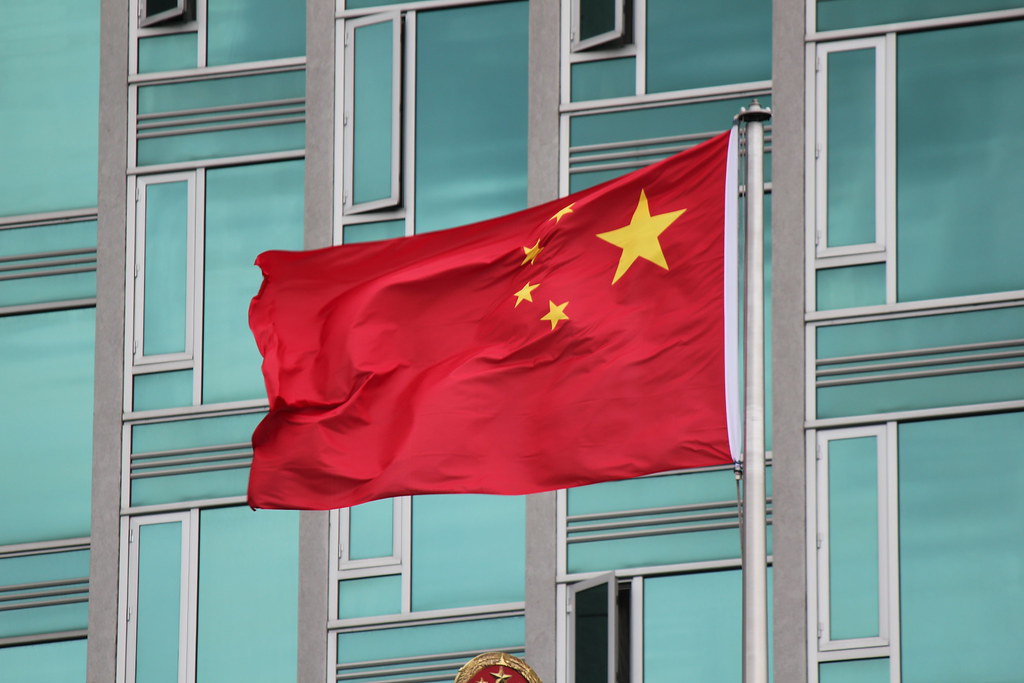After a meteoric rise, China today is one of the world’s most powerful nations. Just a century ago, it was a crumbling empire with literacy reserved for the elite few, as the world underwent a massive technological transformation that threatened to leave them behind.
Today’s guest is Prof. Jing Tsu, author of “Kingdom of Characters: The Language Revolution that Made China Modern.” She argues that China’s most daunting challenge was a linguistic one: the century-long fight to make the Chinese language—with its many dialects and complex character-based script—accessible to the modern world of global trade and digital technology.
We discuss the connection between language and power, challenges China faced to ensure their language remained dominant/widespread, the innovators who adapted the Chinese language to a world defined by the West and its alphabet, AND it was so important for China to preserve its ancient character set, even though it was seen as such a hindrance to their technological development.
Cite This Article
"How China Changed Its Language From Archaic Confucian Bureaucracy to the Lingua Franca of Globalization" History on the Net© 2000-2024, Salem Media.
May 5, 2024 <https://www.historyonthenet.com/how-china-changed-its-language-from-archaic-confucian-bureaucracy-to-the-lingua-franca-of-globalization>
More Citation Information.






